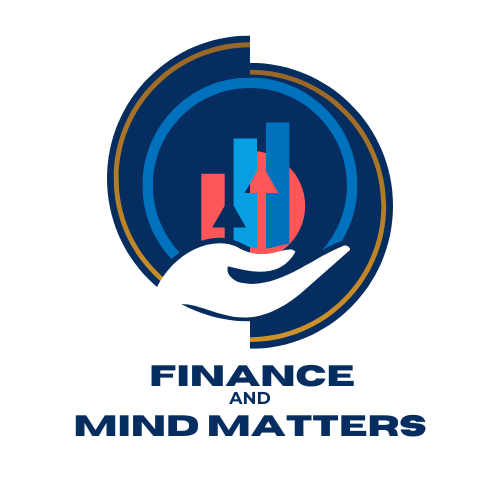Discover the best budgeting tips for beginners to manage money better. Learn practical strategies to control spending, save more, and build financial stability with easy-to-follow advice.
Managing money effectively is a skill that can transform your financial future. For beginners, budgeting can seem intimidating or complicated, but with the right approach, it becomes a powerful tool to take control of your finances. Whether you’re looking to save for a big goal, pay off debt, or simply avoid overspending, mastering budgeting is essential.
This article shares the best budgeting tips for beginners to manage money better and achieve financial peace of mind.
Why Budgeting Matters for Beginners
Budgeting is more than just tracking expenses; it’s about making intentional decisions with your money. Without a budget, it’s easy to lose track of where your money goes, leading to stress and missed financial goals. A good budget helps you:
- Understand your income and expenses
- Prioritize essential spending
- Build an emergency fund
- Avoid unnecessary debt
As the famous American financial advisor Dave Ramsey says, “A budget is telling your money where to go instead of wondering where it went.”
Start with Understanding Your Income and Expenses
Before you can manage your money better, you need to know how much you earn and where every dollar goes. Beginners should start by listing all sources of income – salary, freelance work, side hustles, etc. – then track monthly expenses including:
- Fixed costs (rent, utilities, loan payments)
- Variable costs (groceries, transportation, entertainment)
Using tools like spreadsheets, mobile apps such as Mint or YNAB (You Need A Budget), or even a simple notebook can help keep track.
Create Realistic Budget Categories
Budgeting works best when broken down into clear categories. Here’s a simple example of common budget categories and recommended percentages based on the 50/30/20 rule:
| Needs | 50% | Rent, utilities, groceries, transport |
| Wants | 30% | Dining out, hobbies, entertainment |
| Savings & Debt Repayment | 20% | Emergency fund, retirement, loans |
Adjust these percentages based on your personal situation but try to keep your savings as a priority.
Use the Envelope System for Cash Control
The envelope system is a straightforward method where you allocate cash for different spending categories in labeled envelopes. Once the cash in an envelope is gone, you stop spending in that category for the month. This helps control overspending on variable expenses like dining or entertainment.
Automate Savings and Bill Payments
Automation removes the temptation to spend money that should be saved or used for bills. Set up automatic transfers to your savings account and automatic bill payments to avoid late fees and ensure consistency. This simple step can make budgeting much easier for beginners.
Regularly Review and Adjust Your Budget
Your budget isn’t set in stone. Review it monthly or quarterly to reflect changes in income, expenses, or goals. Life circumstances change, and your budget should evolve too.
Additional Tips for Managing Money Better
- Build an Emergency Fund: Aim to save at least 3-6 months’ worth of essential expenses to cover unexpected costs.
- Avoid Impulse Purchases: Give yourself a cooling-off period before buying non-essential items.
- Use Budgeting Apps: Apps like PocketGuard, EveryDollar, or Goodbudget can simplify tracking and planning.
- Track Progress: Celebrate small wins when you meet saving goals or pay off debts.
External Resource for Budgeting Beginners
For those wanting a guided step-by-step budgeting plan, the Consumer Financial Protection Bureau offers excellent resources, including worksheets and budgeting templates.
Frequently Asked Questions (FAQ)
Q1: How much should I save from my income? It depends on your financial goals, but a common recommendation is to save at least 20% of your income. If that’s difficult, start smaller and increase savings gradually.
Q2: What is the best budgeting method for beginners? The 50/30/20 rule is simple and effective for beginners, but methods like zero-based budgeting or the envelope system can also work well.
Q3: How can I stick to my budget without feeling deprived? Include some discretionary spending for fun activities to avoid feeling restricted. Budgeting is about balance, not elimination.
Q5: What if my expenses exceed my income? If this happens, look for ways to reduce non-essential expenses or increase your income. Prioritize essentials and savings, and consider seeking financial advice if necessary.

